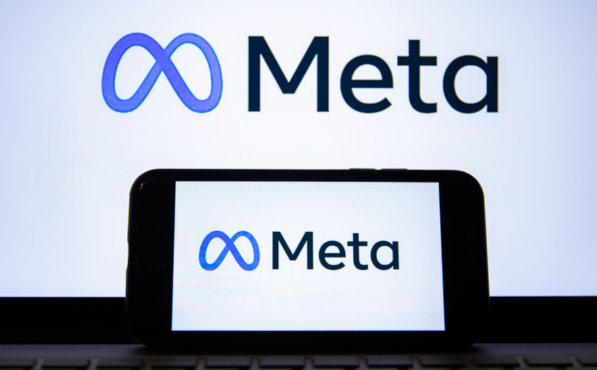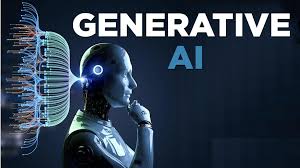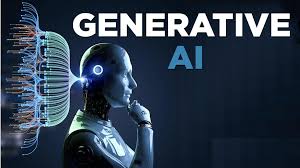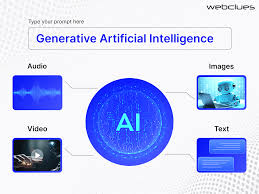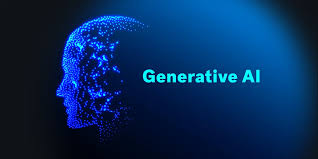As AI audio tools become more sophisticated, two names are getting tossed around more and more: AudioGen and MusicGen. Both are cutting-edge models developed to generate sound using text prompts—but they serve very different purposes.
So, what is the difference between AudioGen and MusicGen?
Let’s break it down for creators, researchers, sound designers, and anyone curious about the future of AI-generated audio.
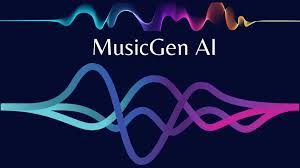
Quick Answer: The Core Difference
AudioGen is built to generate general audio, like environmental soundscapes, Foley, or sound effects.
MusicGen is built specifically to generate music, including melodies, rhythms, and harmonic structures.
In short:
?? AudioGen = AI sound effects
?? MusicGen = AI music composition
Now let’s dive into the deeper technical and practical differences.
What Is AudioGen?
AudioGen is an AI model developed by Meta (formerly Facebook AI) that specializes in generating non-musical sounds from natural language prompts.
Key features of AudioGen:
Trained on real-world audio datasets
Can generate sounds like:
“A busy street in New York”
“A dog barking followed by thunder”
“Footsteps on gravel”
Outputs WAV files up to a few seconds long
Open-source model available via HuggingFace and GitHub
This makes AudioGen perfect for video editors, game designers, or accessibility tools that need realistic background audio without pulling from copyright libraries.
What Is MusicGen?
MusicGen is Meta’s AI model for text-to-music generation. It’s trained on thousands of hours of licensed music and can produce multi-instrumental tracks from simple prompts.
Key features of MusicGen:
Generates structured music with melody, rhythm, and tempo
Accepts text prompts like:
“Jazz piano in a smoky lounge”
“Upbeat EDM with a tropical vibe”
Outputs are melodic and repeatable
Includes support for conditioning with melody input or chords
Pre-trained weights available publicly
MusicGen is ideal for:
Music producers prototyping ideas
Brands needing unique background music
Creators looking to avoid royalty issues
AudioGen vs MusicGen: Side-by-Side Comparison
| Feature | AudioGen | MusicGen |
|---|---|---|
| Purpose | Generate environmental & Foley sounds | Generate musical compositions |
| Trained On | AudioSet (non-musical sounds) | Licensed music datasets |
| Output | Short WAV sound effects | Multi-second structured music tracks |
| Best For | Sound design, film/games, accessibility | Music creation, marketing, content |
| Input Type | Text prompts | Text prompts (and optional melody input) |
| Open Source? | Yes (available on HuggingFace) | Yes (Meta released model weights) |
| Commercial Use Allowed? | Case-by-case via license | Research use only (as of 2025) |
Use Case Examples
AudioGen Use Case:
You’re developing a mobile game and need a soundscape for a dungeon cave with dripping water. Instead of sourcing SFX from a paid library, you prompt AudioGen with:
“Dark underground cave, water dripping, distant wind”
The model returns a realistic 6-second WAV clip you can loop in-game.
MusicGen Use Case:
You’re producing a YouTube vlog and want a chill background track with an acoustic guitar vibe. You write:
“Relaxing acoustic guitar melody with lo-fi drums”
MusicGen outputs a clean, original instrumental track you can layer under your video intro.
Do AudioGen and MusicGen Work Together?
Not directly—but you can pair them in creative workflows. For example:
Use AudioGen to add ambient or transitional SFX
Use MusicGen to generate background music
Combine both into cohesive video or podcast segments
As AI tools continue to improve, we may see future models that blend both soundscapes and music into unified audio scenes.
Are These Tools Replacing Sound Designers?
Not at all—at least not yet.
AI models like AudioGen and MusicGen are assistive tools, not full replacements for professional musicians or Foley artists. The models can handle basic scenarios, but they lack:
Real-time mixing skills
Deep emotional nuance
Dynamic layering over long sequences
Think of them as prototypes or building blocks, perfect for speeding up production but still requiring human refinement for professional-grade results.
FAQs About AudioGen and MusicGen
Is AudioGen open-source?
Yes. Meta released it under a research license, and it’s accessible via HuggingFace.
Can MusicGen generate full songs?
It can generate full instrumental compositions, but not vocals or lyrics by default.
What is the file format of AudioGen outputs?
Typically WAV, suitable for importing into DAWs or video editing software.
Can I use MusicGen tracks in YouTube videos?
You should check licensing. As of 2025, MusicGen is open-source under a non-commercial license. Commercial use may require additional permissions.
Does either tool support real-time generation?
Not yet. Most models run offline and require GPU acceleration, so latency makes real-time use limited for now.
Final Thoughts: Which Should You Use?
The difference between AudioGen and MusicGen comes down to purpose:
Use AudioGen if you're looking for realistic sound effects, ambiance, or Foley for films and games.
Use MusicGen if you're building original musical content, brand soundtracks, or creative audio assets.
Together, these tools represent a massive leap forward in how we think about audio production—and they’re just getting started.
Learn more about AI MUSIC

